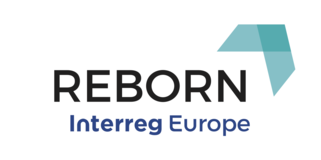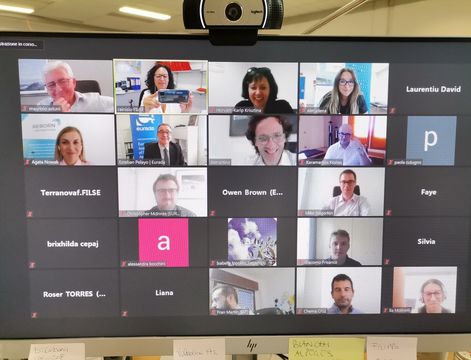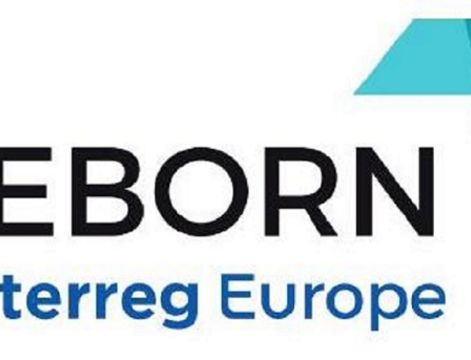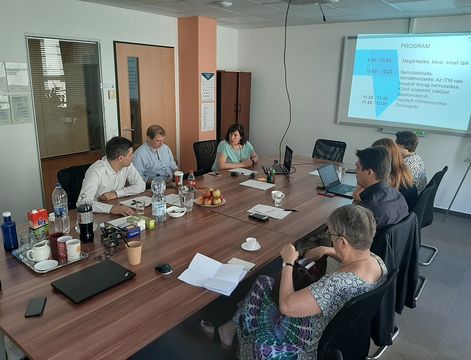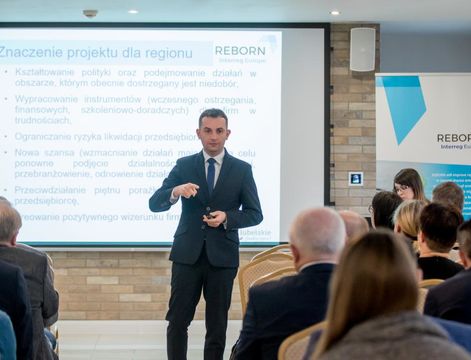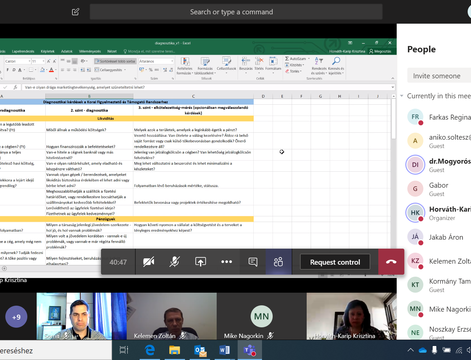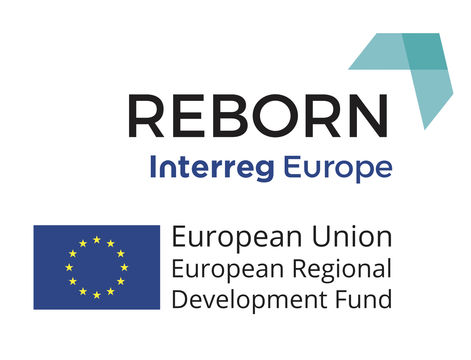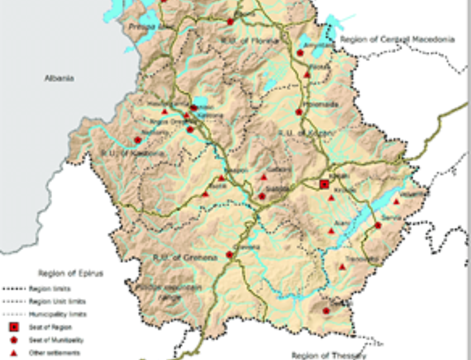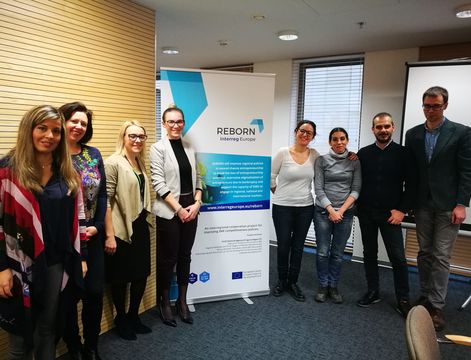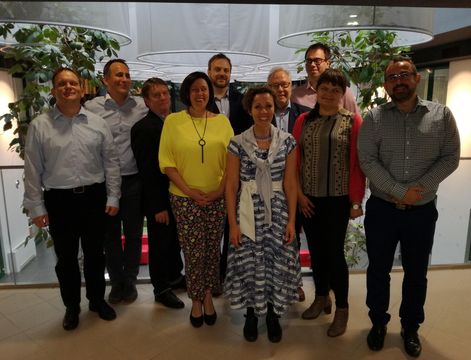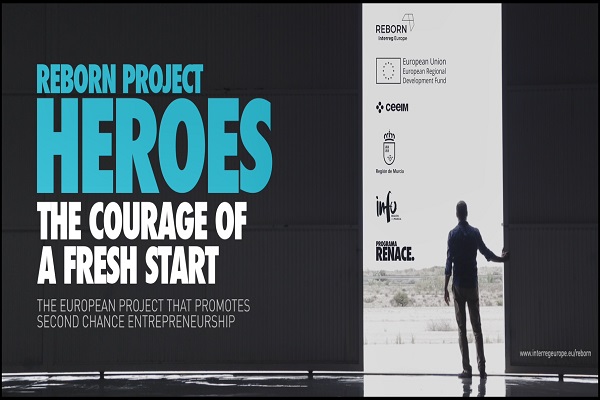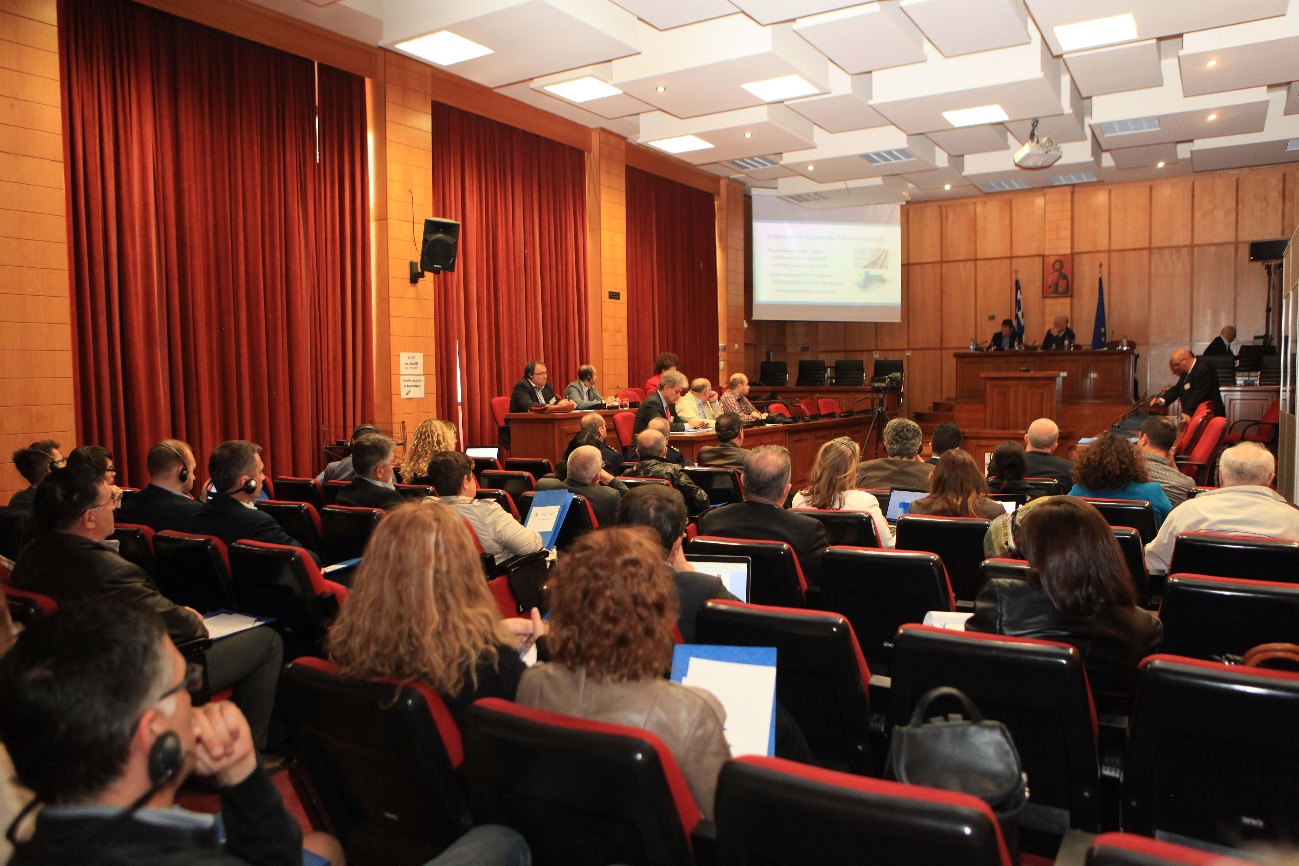In 2019 IFKA has organized a workshop in Budapest in the frame of INTERREG Danube project, where a representative of EWE in Denmark presented the project and tools used in different countries. After this IFKA held a number of skype calls with EWE partners from Italy, Greece, Poland and Denmark and learned about their experience in implementing early warning mechanism from scratch. All information collected by IFKA was used for elaborating a new program for re-starting entrepreneurs, which was submitted to Ministry of Innovation and Technology (ITM) of Hungary. After the new national program was accepted by ITM, IFKA has invited experts from Denmark for a seminar in Budapest on 29-30 October 2019. Hungarian colleagues were trained on how to start the implementation of early warning mechanism in Hungary.
Training Seminar was held in Budapest on 29-30 October 2019, during which experts from Denmark trained Hungarian colleagues on how to start the implementation of early warning mechanism in Hungary. Such topics were discussed during the seminar:
• Introduction to the details of the existing SME support system in Hungary: portfolio of services (incl. those not related to crisis management), structures, funding, overview of existing competences
• Brief overview of the structure of Early Warning Denmark and in the other EW countries: a focus on the organization, procedures and competences required, on the cooperation with volunteer advisors and insolvency specialists, and
• The characteristics of the Early Warning assistance cases: the reality facing the Early Warning consultant at the first visit to a company in distress
• Definition of the organisation chart of the Early Warning mechanism in Hungary
Focus: elaborating a concrete suggestion for the EW organisation in Hungary
• Defining the implementation plan for Early Warning Hungary:
Tools: website, CRM system, necessary documentation, data protection – definition of needs and plan on how to address these
Visibility: communication plan, media outreach, PR, stakeholder management etc. – agreement on needs for training and / or sharing of experience
Budgeting: definition based on some examples in other EW countries
Performance assessment
Timetable for implementation plan: trainings, processes, benchmarks
The consultant group: definition of their training needs, agreement on the scope and timing of their training + follow-up support
The volunteer mentor group: analysis of existing structures and possibly a need for strengthening these, definition of training needs, agreement on the scope and timing of training
• The role of the Early Warning consultant
MLH – Why do I work in Early Warning? The importance of the consultant’s background– experience / character / empathy
• The work of the Early Warning Consultant
Step-by-step intro to the work of the consultant from first contact to completion of a case
Good management of volunteer advisors, insolvency lawyers and consultants
Zoom-in on the first diagnosis meeting: elements, tools, interview guide, pitfalls, referrals, confidentiality
Which company types do we help?
The situation after bankruptcy, debt discharge, the human factor
